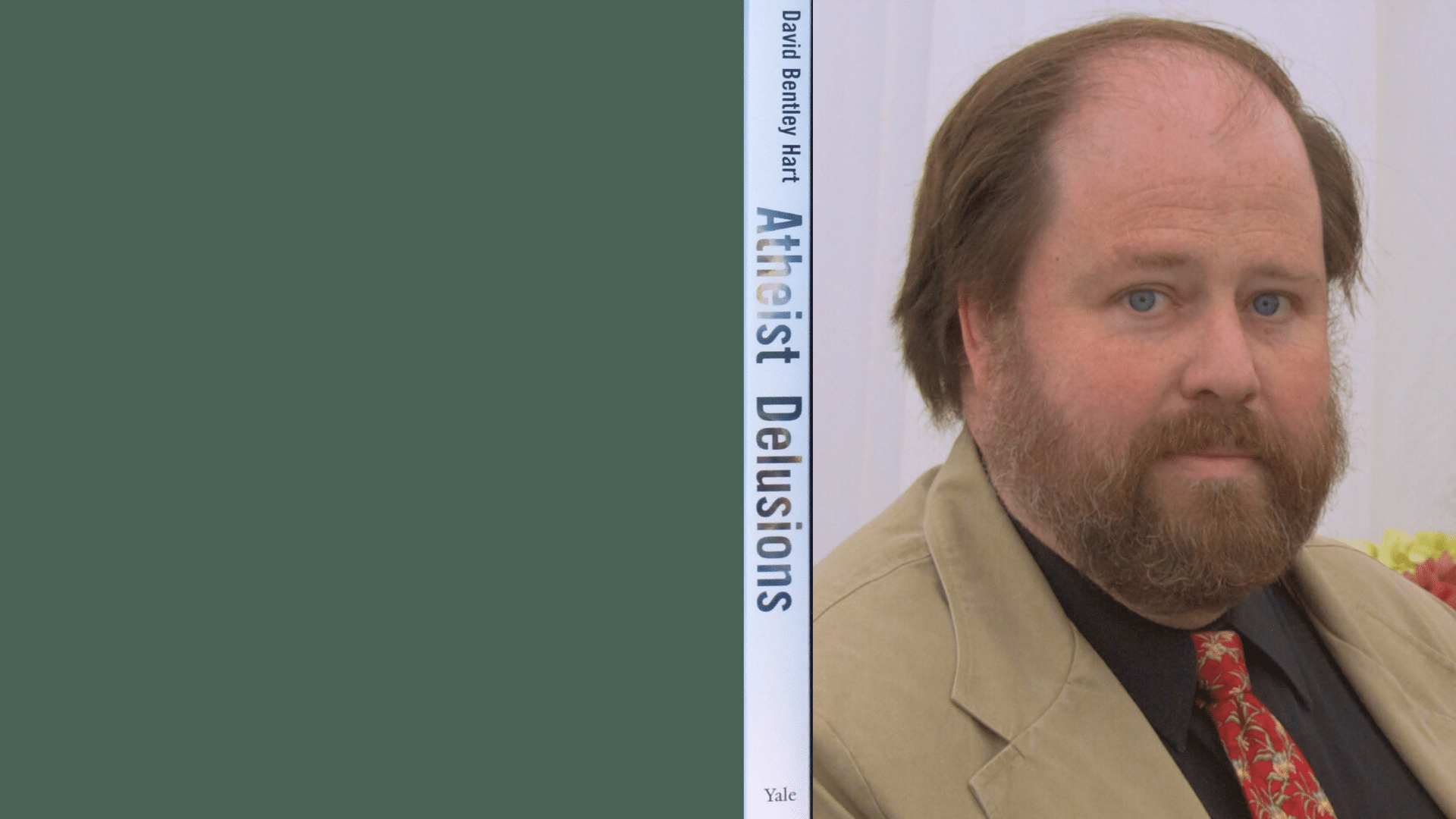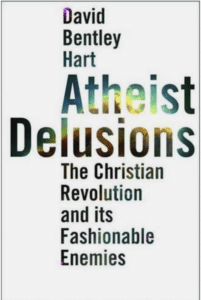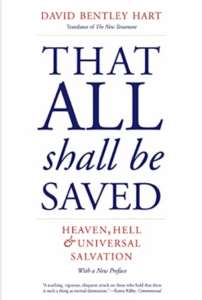
An interview with David Bentley Hart
Why do you think theological writing is important to the church today?
Because the church, even after more than two centuries of decline from its position of cultural and political power, is still seeking ways of articulating the presence of the Kingdom in time without presuming the institutional advantages of the past. If there is a single discernible mission for theologians in the church today, it is to attempt to recover the original purity and beauty of the gospel from the ruins of Christendom, while also resisting the temptations of nostalgia for that vanished order.
Do you have any writing tips or advice for an early career theologian?
Do not write theology out of a desire to defend dogma or reinforce orthodoxy. If your concerns are simply apologetic and catechetical, do something else for a living.
The central claim of Christianity is that God became human so that humans should become God, and this should be the governing theme of everything Christian theologians write; every other theme is subordinate to that one.
Can you tell us a bit more about your prize-winning book Atheist Delusions (Yale University Press, 2009). What inspired you to write it?

Honestly, it was proposed to me by an editor at a publishing house—as it happened, not the one that ultimately published it—so I am not sure anything exactly inspired it. But it was a happy accident, so to speak, as it gave me an occasion to try to think through the radical transformations of human society and thought brought about by the Christian proclamation.
What impact has winning the Michael Ramsey Prize had for you?
It encouraged me to continue writing on theological matters, even though that is not really my primary area of interest. This ultimately allowed me to write a book entitled That All Shall Be Saved, which I regard as my chief contribution to public theological intelligence.

You’ve recently written works on the theology of the supernatural, You Are Gods: On Nature and Supernature (University of Notre Dame Press, 2022) and on tradition, Tradition and Apocalypse: An Essay on the Future of Christian Belief (Baker Academic, 2022). Could you tell us a bit about how your theological thinking has developed since you won the Michael Ramsey Prize?
I have become more syncretistic, more metaphysically monistic, more indifferent to ecclesiastical authority of any kind, more unapologetically hostile to Thomism and Calvinism, more convinced that Origen was the pater patrum, more certain that the Christian intellectual tradition must henceforth place figures such as Eriugena, Eckhart, Cusanus, and Bulgakov at the centre of its self-understanding, and more absolutely convinced that any but a universalist Christianity is logically incoherent and morally evil.
The Michael Ramsey Prize aims to bridge the gap between popular and academic theology. What areas of theology do you think are under-addressed in popular discourse and why do you think this is?
Few theologians, it seems to me, have adequately reflected on the history of Christianity’s cultural decline. Secularism entered Western history not as a kind of invading alien force from beyond the boundaries of the Christian world; it was incubated, uniquely, within Christendom itself. This is more than an accident of history; it reveals something about the accommodation between church and empire—and then, in the fullness of time, between official “religion” and the nation-state—and may even reveal something intrinsic to Christianity as a cultural force. This, it seems to me, requires a genuinely theological treatment, ideally within the public sphere.
What are some books (of any genre) you regularly reread and why?
The Alice books, The Wind in the Willows, The Anatomy of Melancholy, Moby-Dick, Pale Fire, the stories of Borges…basically works of literature I especially love.
Which writers have most profoundly shaped your theology?
- Origen
- Gregory of Nyssa
- Maximus the Confessor
- John Scotus Eriugena
- Meister Eckhart and the other Rhineland mystics
- Nicholas of Cusa
- Ralph Cudworth
- Thomas Traherne
- George MacDonald
- Vladimir Solovyov
- Mikhail Bulgakov
*Please note that the views expressed in these interviews are those of the authors themselves and do not represent the Michael Ramsey Prize or the Archbishop of Canterbury.